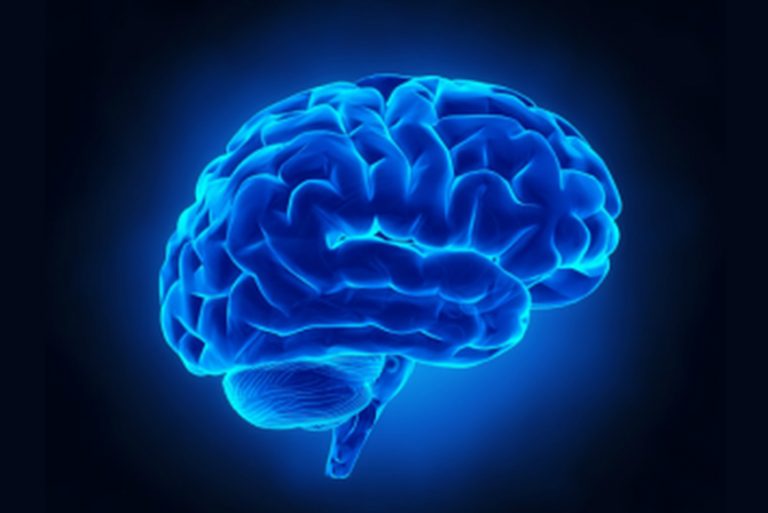Giftedness

INTELLECTUAL GIFTEDNESS
Definition: The term “intellectually gifted” describes an individual whose thinking and reasoning (also known as cognitive) abilities are significantly above average. This is measured by a standardized intelligence test, administered by a qualified professional. Generally, an IQ score of 130 and greater is considered to be in the gifted range, though cut-off scores for programs and research may vary slightly. Individuals whose IQ is above 150 are considered to be “profoundly gifted”.
What does it look like?
IQ is generally constant throughout a person’s lifetime, so adolescents who are gifted will have shown signs of high cognitive skills when they were children as well. Children who have intellectual giftedness may have shown the following:
- Quick to learn new concepts
- Good memory
- Advanced interests
- Innovative insights
- Keen sense of humour
- Abstract thinking
- Good problem-solving
Often the assumption is that if an individual is gifted, he or she will excel no matter what, especially in school. However, there are a number of potential challenges for students with a high IQ.
- Perfectionism: Many students who are gifted hold very high standards for themselves. This can be a helpful quality in that they will challenge themselves to do better, but it can also be harmful when it turns into perfectionism. Perfectionism may result in a student feeling unable to hand in a test or assignment in a reasonable amount of time. They may become overly stressed about grades that are less than perfect, or they may have difficulty delegating group work to other students.
- Boredom: Feeling bored at school is not necessarily indicative of giftedness, but students who are quick to learn new material may feel bored when it is reviewed over a few classes. This can result in disruptive behaviours and disengagement. A gifted student may lose interest in school and learning if they feel there is too much repetition. Profoundly gifted students have often learned reading and math skills on their own years before it is taught in their grade, and therefore find it very difficult to hold their attention in the classroom and participate cooperatively.
- Underachievement: Without challenging material, gifted students may feel that there is no benefit to achieving the best they can, but rather do the minimum required. This is seen especially in systems that are focussed on mastering set skills, rather than on excelling to the highest potential.
- Poor work habits: If learning and schoolwork has come easily to a gifted adolescent for most of their school experience, they may become accustomed to achieving a high level with minimal effort. When entering post-secondary education and experiencing more challenging academic work, they may not have developed the study skills, time management, or persistent work ethic that are required for succeeding in both academic and work environments.
- Social issues: The stereotype of a smart kid who has poor social skills is not usually true. Social difficulty is not a characteristic of giftedness; most gifted individuals have excellent empathy and communication and are more than capable of making friends. Sometimes, they may have difficulty finding friends who have similar interests and think the same way. Individuals who are profoundly gifted typically have a much greater difficulty with social relationships, particularly in school as their interests and ways of thinking are often years ahead of their peers, and even quite different than many adults.
The issues described above can often by addressed by providing engaging and challenging education and experiences for gifted teens. Nurturing their talents and strengths and encouraging them to go beyond expectations opens the door to great achievements.
SOURCES
National Society for the Gifted and Talented: www.nsgt.org
Neag Center for Gifted Education and Talent Development: http://www.gifted.uconn.edu/general/faculty/reis/GiftedUnderachievers.html
